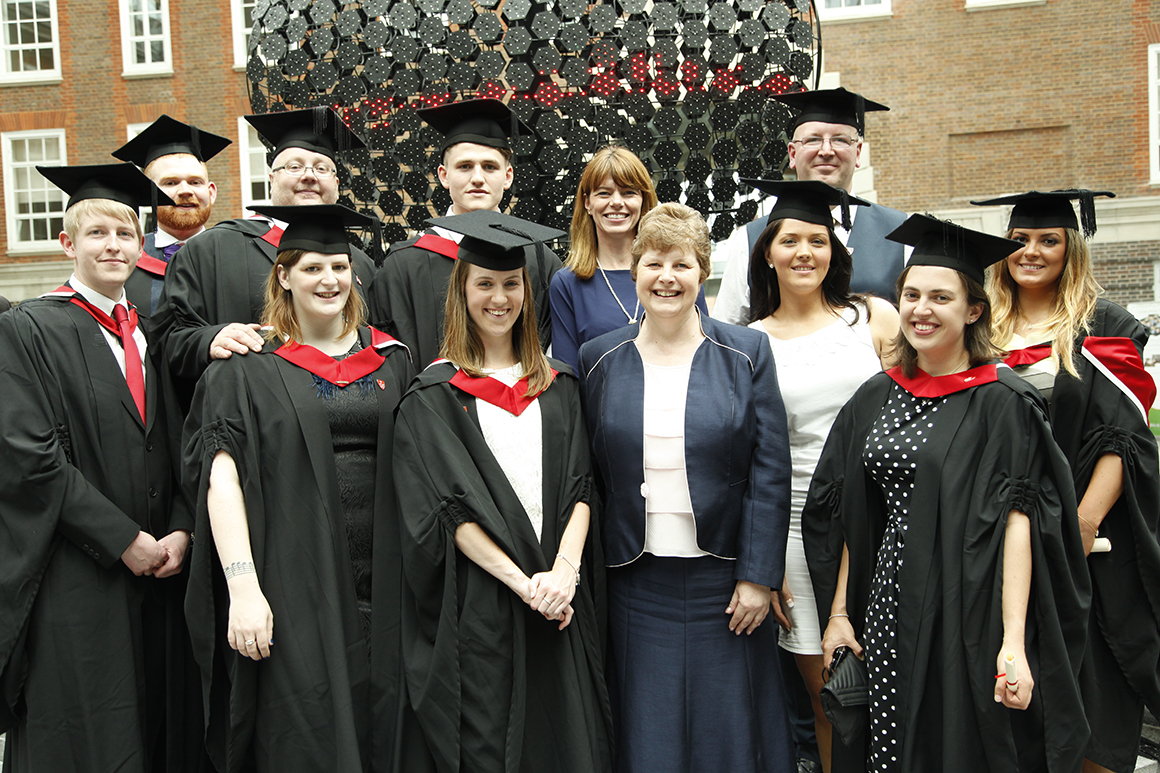How to apply?
1. Remember the deadlines: After you have shortlisted the universities where you want to apply, the next step is to check the deadlines of the universities you have selected Masters in UK. Visit university website to know about the deadlines.
2. Check the programme requirements: Once you have set your target, then it’s time to know about how to get there. You must check the requirements for the programmes that you have chosen for Masters in UK. Usually, UK universities provide all the relevant information on the website.

3. Academic transcripts: Candidates have to show academic transcripts required by the institution. For Masters in UK in computer science, students are usually asked to show documents up to the bachelors’ program.
4. Statement of purpose: A statement of purpose talks about the aspirants’ intention to join the university and the reasons behind pursuing a particular program in computer science.
5. Letter of recommendation: LOR’s are an evaluation of the aspirants’ potential by an independent body. Most of the universities in the UK demand 2-3 recommendation letters for pursuing Masters in UK in computer science.
6. Resume: UK universities also require aspirants to submit a resume showcasing all their academic as well as professional qualifications.
7. Submit your application: After you have all the required documents, it is time to submit your application in your desired university. To opt for an MS in CS from the UK, you’ll need to hold an undergraduate degree from the UK or from overseas. You also need to speak English to at least IELTS 6.5 level for most of the courses.
8. Wait for the letter: Now, it is time for you to wait and let the university do its part of the job. Meanwhile, you can use this time to take care of other things explained below.
9. Get your student visa: This is the final step to a successful application to pursue a degree in Masters in UK. To apply for a UK visa, the first thing you need to do is to check the type of visa you are going to apply for. Use the UK Visas and Immigration website to check the kind of visa you would require. If you’re a student from India, you’ll need the Tier 4 (General) student visa to study in the United Kingdom.
10. Get your health insurance: Students enrolled in universities of UK are eligible for free healthcare. The National Health Service (NHS) grants free medical treatment to students as well as their spouses and dependent children if the students are enrolled in full-time programs. Some universities also offer special health policies to their students.
Master’s students can apply directly to their chosen university. Most universities allow you to send your application throughout the year, but some degree courses have their deadlines. Usually, for most of the universities, there are two intakes for the master’s program in CS from the UK. The intakes are in January and September. For some universities, it is also in May. It’s best to contact your chosen university to find out specific details about their graduate application process.
Best universities to pursue MS in CS from UK
• University of St Andrews
• University of Cambridge
• University of Oxford
• Loughborough University
• Imperial College London
• University of Warwick
• Durham University
• University of Southampton
• University of Leeds
• University of Surrey
Benefits
1. A guaranteed high paying job: Computer Science graduates are reaping the benefits of the degree they hold. Despite employment rates generally lowering in most countries, computer science and IT jobs are consistently being given out. Also, one of the reasons many opt for studying a computer science degree in UK is because IT departments have one of the highest paying starting salaries, and there are excellent packages available for potential employees about this field.
2. Diversity in the field: Many think that computer science is all about coding but this is only partially true. There are many specializations in this field other than coding like desktop support, database management, programming, network and many more. You can find the area that suits you the best and work hard in your respective area.
3. Standardized requirement worldwide: Since work related to computer science is mostly practical, it can be applied universally, thus you can apply anywhere in the world for a job. Also, almost every workplace in the world needs an IT team, so you always have a high chance of employment.
4. Ability to earn while studying: It is easy to self-study while studying computer sciences, and if you pick up the key objectives most task related to your field entail, then you can work freelance and earn while you are working to get a computer science degree in UK.





















































